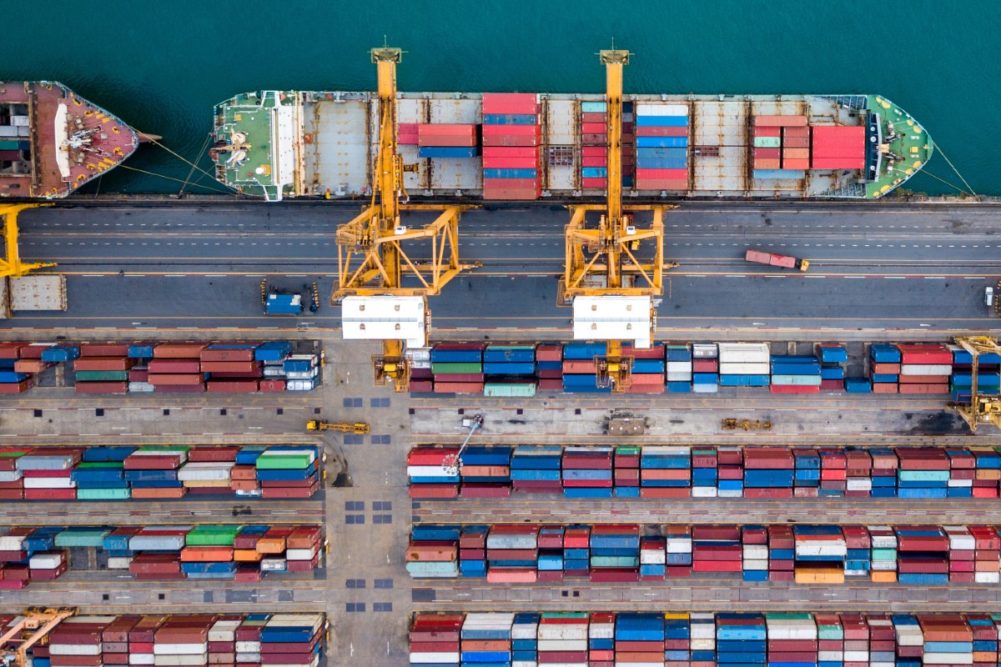WASHINGTON — Dockworkers at Atlantic and Gulf coast ports went on strike Oct. 1, impacting 36 United States ports for the first time since 1977.
The strike over wages and automation began when the contract between the ports and approximately 45,000 members of the International Longshoremen’s Association (ILA) expired, amid failed labor talks over a new six-year labor contract.
ILA union leader Harold Dagget stated: “We are prepared to fight as long as necessary, to stay out on strike for whatever period of time it takes, to get the wages and protections against automation our ILA members deserve.”
The United States Maritime Alliance (USMX) on Sept. 30 released an update on negotiations, stating that USMX increased its offer regarding wages, and it hoped to resume collective bargaining.
International Dairy Foods Association (IDFA) president and chief executive officer Michael Dykes said the trade association is urging President Joe Biden and the administration to take “quick and decisive action” to resolve the strike and avoid “further negative impacts” to the US economy.
Dykes said the strike will impact imports, pointing to more than $3.04 billion of dairy imports moving through East and Gulf coast ports in 2023 – including $263 million worth in October of last year.
What’s more, Dykes said more than $1.27 billion of dairy exports went out through impacted ports in 2023, noting $94 million went out in October of 2023.
“IDFA members have been rerouting or front-loading shipments since early September due to concerns that a strike might occur, and truck rates have begun to increase as companies stock inventory for the holiday season,” Dykes said.
For every day that dockworkers strike, IDFA estimates it will take six days or more for dairy companies to clear any backlog.
“The impacts of this disruption will continue to be exacerbated as the strike persists,” Dykes said. “Rerouting or halting shipments incurs significant expenses, and rising trucking rates affect even those not directly involved with ports. This strike will add unnecessary costs, as well as strain to the supply chain.”

